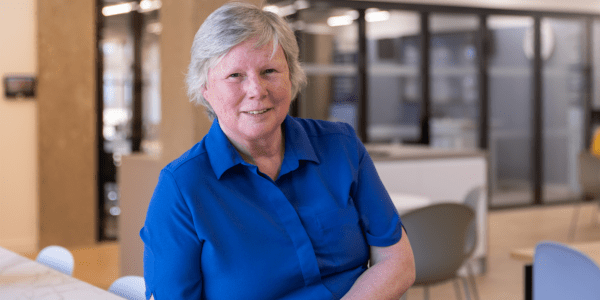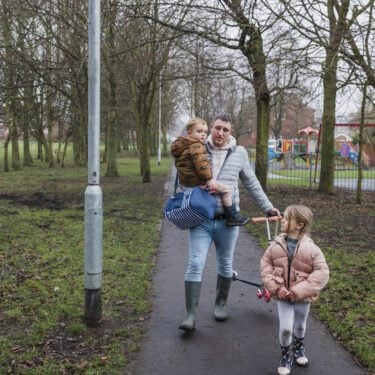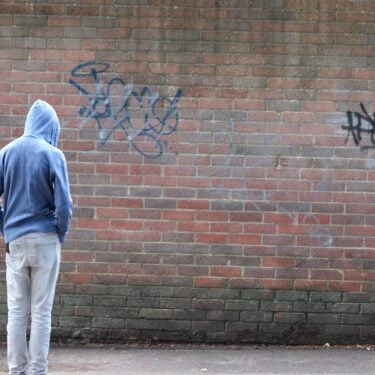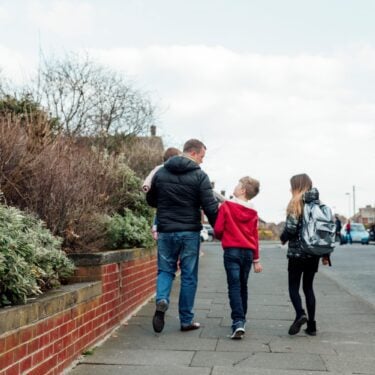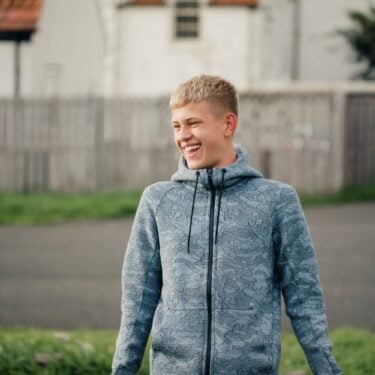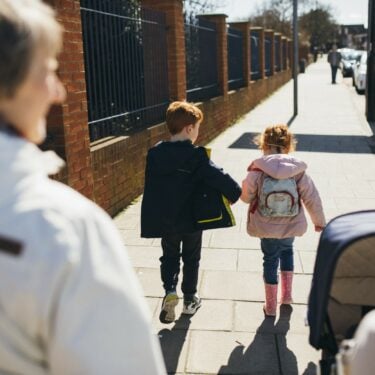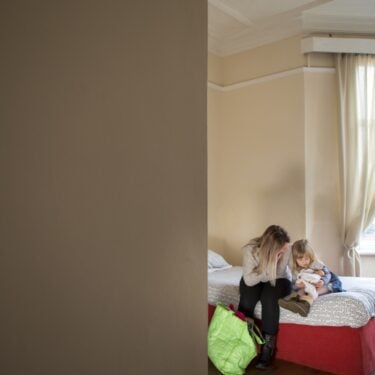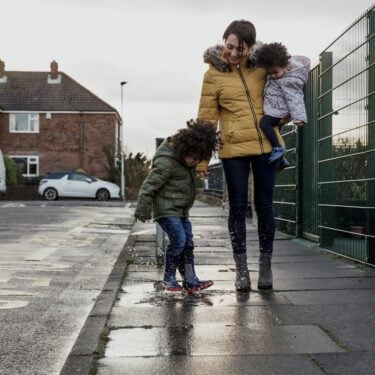Between 2007/8 and 2016/17, 16,849 babies under one week old were subjects of local authority care proceedings in England, according to a new study from the Centre for Child and Family Justice Research at Lancaster University and the Nuffield Family Justice Observatory.
This is the first ever national study of newborn babies (under one week old) in the family justice system in England.
In 2007/8, care proceedings were issued with respect to a total of 1,039 newborns (32% of all cases involving infant age under 1 year). By 2016/17, this number had more than doubled at 2,447 newborns (42% of all infant cases). This new study also shows a regional divide with marked differences in the rates of newborn babies coming into care across regions in England.
Based on an overall rate (2008-2016), Yorkshire and Humber and the North West recorded the highest rates, with overall rates above 30 cases of care proceedings concerning newborns, per 10,000 live births in the general population. In contrast, London and the South East recorded the lowest overall rates at 18 per 10,000 and 20 per 10,000, respectively. For all regions, rates increased over time, however, the greatest increases were evident in the North East, North West and South West.
Researchers now want to examine the geographical differences further, including issues of deprivation, to see what factors might help explain this variability. The report argues that the new findings indicate far more attention needs to be paid to court intervention at birth. At present, the report says, national statutory practice guidance ‘makes scant reference’ to either pre-birth assessment or removals at birth.
The Council of Europe and judges in England have described the separation of mothers and babies within hours or days of an infant’s birth, as a very severe form of intervention in family life fraught with ethical, legal and procedural challenges.
Given the frequency with which local authorities are issuing care proceedings at birth, the study recommends a greater policy and practice focus on newborns within the family justice system.
The research team, led by the Centre for Child and Family Justice Research at Lancaster University, with the Rees Centre at Oxford University and Research in Practice (a charity championing evidence-informed practice in children’s services) used data produced by the Children and Family Court Advisory Service, to produce this new national analysis. The team were able to access data spanning a decade from 2007/08 to 2016/17.
The study is an early output from the Nuffield Family Justice Observatory. Currently in development, the Observatory will support the best possible decisions for children by improving the use of data and research evidence in the family justice system in England and Wales.
Professor Karen Broadhurst, from Lancaster University, who is leading the development team for the Nuffield Family Justice Observatory, stated:
“Although there is considerable emphasis on very young babies within the child protection system and the courts, statistics published by the Department for Education simply groups all infants together under the category ‘aged less than one year’.
“The new findings we present are a first step in building an empirical evidence base specific to newborn babies. And although there will be circumstances where the State has to intervene very early in a baby’s life, we want to ensure that professional practice is as sensitive as possible to women’s vulnerability following the delivery of her baby.”
Rob Street, Director of Justice at the Nuffield Foundation said:
“For the first time, those working in the family justice system will have detailed analysis of the prevalence of newborn babies subject to care proceedings, and how this is changing over time and in different areas of the country. The study demonstrates the value of improving the use of administrative data and research evidence in the family justice system, which is the reason the Nuffield Foundation is establishing the Nuffield Family Justice Observatory.”
Further work is ongoing in consultation with key stakeholders to identify local area innovation relevant to the focus of this report.
The report also recommends looking at how jurisdictions beyond England protect newborn babies. International comparison is important to shed more light on our own policy and practice.
This study will inform the Nuffield FJO’s special interest project ‘Infants in the family justice system’, to be launched in 2019.













